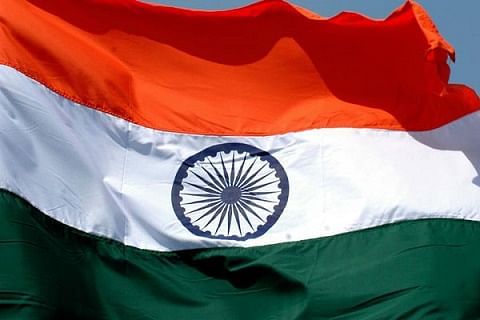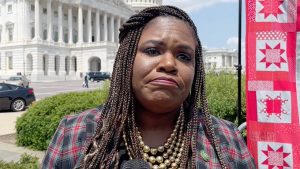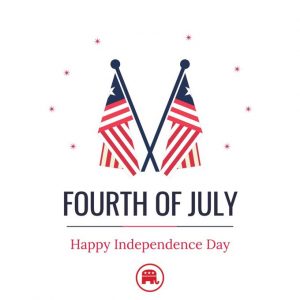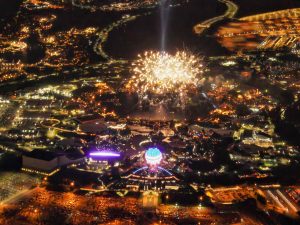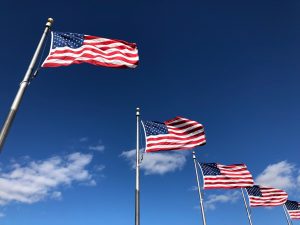On the night of August 15, 1947, when the world was asleep, India marked the beginning of a new and independent era after 200 years long British rule. Then-Prime Minister Jawaharlal Nehru, while announcing the Independence said, “At the stroke of the midnight hour, when the world sleeps, India will awake to life and freedom.” These words accurately sum up the hard and sacrifices, it took for India to be finally called a free state.
As India gears up to celebrate the 75th Independence Day on Sunday, August 15. Let’s take a look at the history and significance that led to the dawn of this prestigious day.
Also Read: August 14 to be observed as Partition Horrors Remembrance Day, says PM Modi
History of India’s Independence Day
The British, who entered India representing the East India Company India to expand its trade overseas, took control of the country in 1757 after winning the famous Battle of Plassey. It was fought between the Nawab of Bengal backed by the French allies and the East India Company.
The British Company then ruled for over 100 years after which the Crown of England, led by Queen Victoria, took control of India in 1877 and appointed viceroys to manage the internal affairs of the country.
Also Read: Some lesser-known facts about India’s Independence Day
As the atrocities and culture conversion continued to rise during the British Raj, there arose a feeling of widespread resentment among the countrymen, who vowed to liberate the country from the British. This protest went on to become a widespread freedom movement, the watershed moment of which was the great uprising of 1857.
The Indian Freedom movement along with several exercises like, boycotts and satyagraha policies, saw the emergence of some prominent leaders and freedom fighters like Bhagat Singh, Chandrashekhar Azad, Mahatama Gandhi, Lala Lajpat Rai, Bal Gangadhar Tilak to name a few.
Also Read: Quit India Movement: Here’s what happened 79 years ago
The last British viceroy of India, Lord Mountbatten had been given a mandate by the British Parliament to transfer the power by June 30, 1948. If he had waited till June 1948, in C Rajagopalachari’s memorable words, ‘there would have been no power left to transfer’ as the country witnessed unprecedented violence and riots. Thus, Lord Mountbatten advanced the date to August 1947.
Significance
The Indian freedom movement was a long struggle that involved nationwide protests, satyagraha, exercises to completely boycott the British Raj and many unsung efforts. The movement saw the emergence of uncountable iconic leaders and fighters who sacrificed their lives to attain this freedom.
Thus, it is not important but every Indian’s duty to remember and pay tribute to these martyrs. The freedom came at a high price, and as the beneficiaries of this freedom, it is our prime duty to enjoy and value this liberty.

